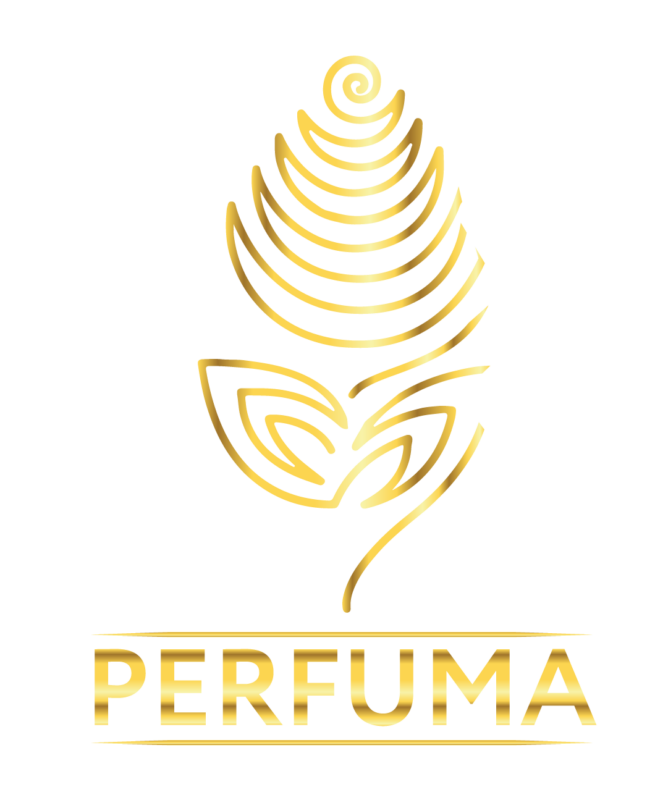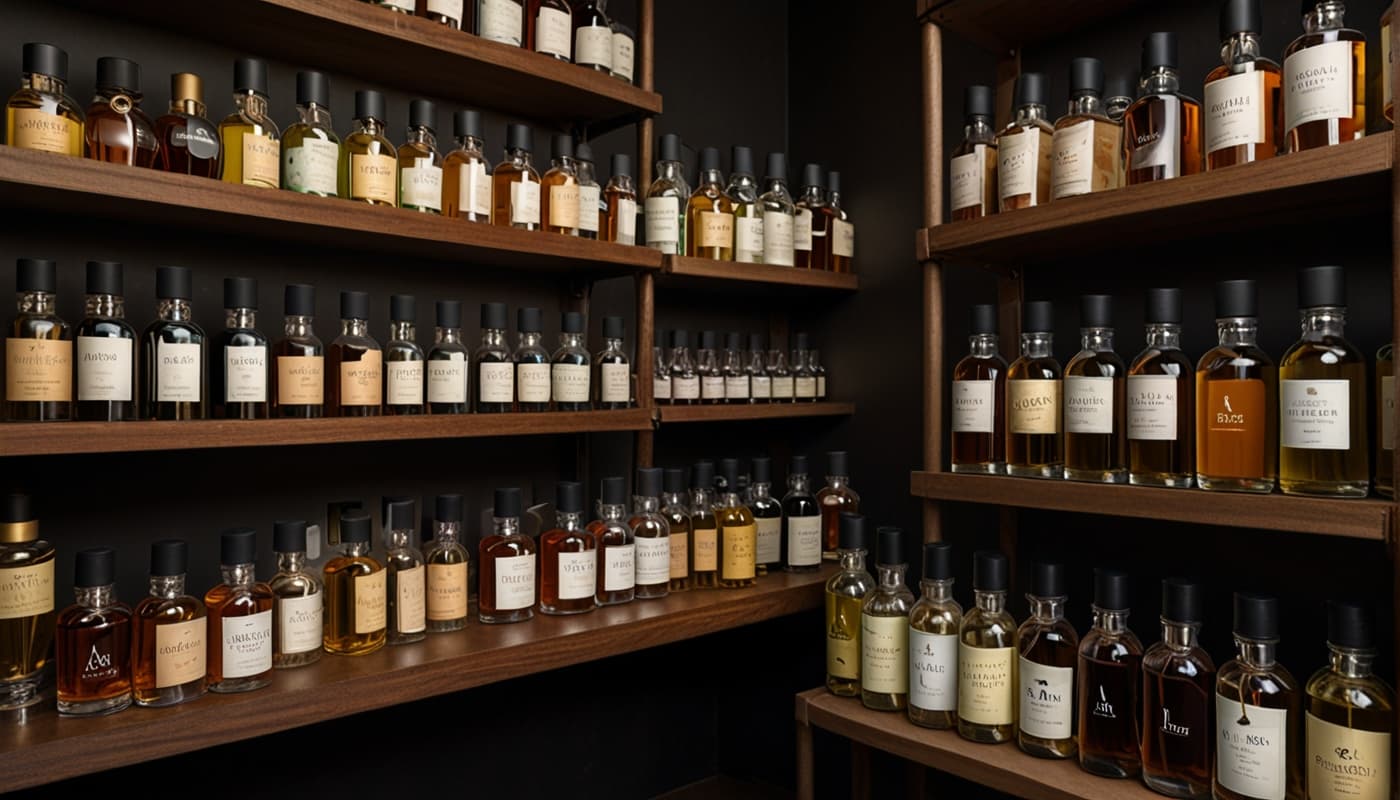article
The Rise of Artisanal and Niche Perfumeries in Sri Lanka
In recent years, Sri Lanka has witnessed a burgeoning interest in artisanal and niche perfumeries, a trend that reflects a broader global movement towards authenticity, craftsmanship, and sustainability in consumer products. This shift is particularly pronounced in the luxury perfume market, where discerning customers are increasingly drawn to unique, locally inspired scents that tell a story or evoke a specific emotional response. This article delves into the growth of small-scale, boutique perfumeries in Sri Lanka, exploring how they leverage unique, locally sourced ingredients and traditional methods in their craft, and the impact they are having on consumer preferences and the broader luxury perfume market.
Rediscovering Traditional Roots
Sri Lanka, with its rich history and abundance of natural resources, provides a fertile ground for the creation of distinctive fragrances. The island is home to a plethora of aromatic plants and flowers, spices, and essential oils, many of which are integral to local traditions and have been used for centuries in Ayurvedic practices. Artisanal perfumers in Sri Lanka are tapping into this rich botanical heritage to create perfumes that are not only unique but also deeply rooted in the local culture.
For instance, the use of cinnamon, sandalwood, and jasmine in traditional Sri Lankan perfumery is being revisited by contemporary artisans who are keen to blend traditional scents with modern aesthetics. These perfumers often employ methods that have been passed down through generations, such as steam distillation and enfleurage, a painstaking process that involves extracting perfume from flowers using odorless fats.
Crafting a Niche in the Luxury Market
The global luxury perfume market has traditionally been dominated by well-established brands from Europe and the United States, known for their sophisticated marketing and mass production techniques. However, the rise of artisanal perfumeries in Sri Lanka challenges this status quo by offering products that are not only high in quality but also imbued with a sense of place and tradition.
These boutique perfumeries are often small-scale operations that focus on craftsmanship and quality over quantity. They tend to produce limited batches of perfumes, making each bottle a rare commodity. This scarcity, coupled with the compelling stories behind the scents, adds to the allure of these artisanal creations, making them highly coveted by luxury consumers who are always on the lookout for something unique and exclusive.
Impact on Consumer Preferences
The shift towards artisanal perfumes reflects a broader change in consumer preferences. Today’s luxury consumers are increasingly conscious of the origins of the products they purchase. They value transparency, sustainability, and ethical production practices, preferences that are well-aligned with the ethos of many artisanal perfumeries.
Moreover, there is a growing appreciation for bespoke products and experiences. Artisanal perfumeries often offer personalized services, such as custom-made fragrances, which cater to this desire for individuality and personal expression. This level of customization is rarely available in the mainstream luxury perfume market, where products are designed to appeal to a broad audience.
Challenges and Opportunities
Despite their growing popularity, artisanal perfumeries in Sri Lanka face several challenges. The high cost of production, limited access to global markets, and competition from established luxury perfume brands are significant hurdles. However, these challenges also present opportunities for innovation and collaboration.
For instance, leveraging online platforms can help these small-scale perfumeries reach a global audience without the need for extensive physical distribution networks. Collaborations with local artists, designers, and other creatives can lead to innovative product offerings that stand out in the crowded luxury market.



